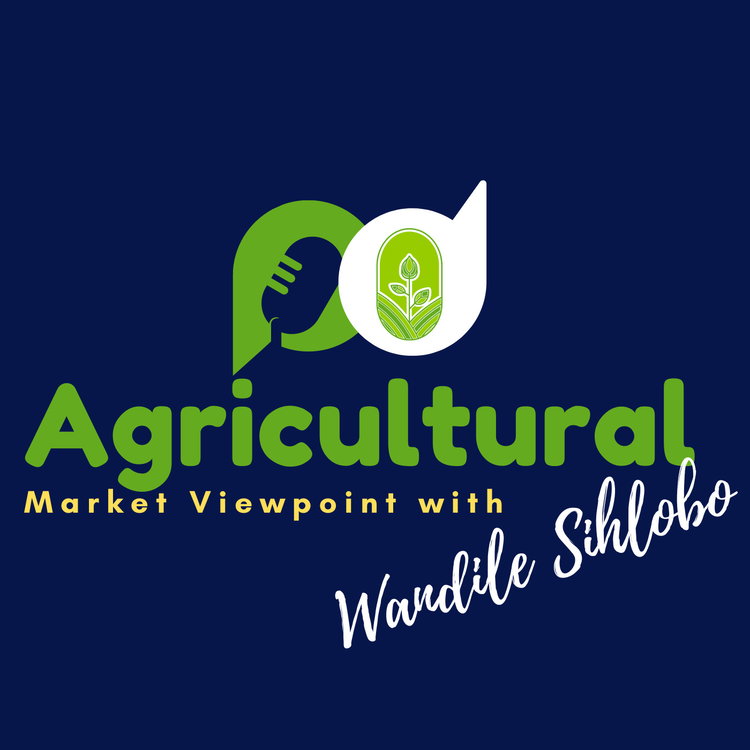
Helping a neighbor – SA continues to supply maize to Zimbabwe
Loading player...
Whenever I see challenges within South Africa's agriculture, Zimbabwe is the other country I think of as their challenges are often worse. Notably, South Africa typically has to shoulder Zimbabwe when there are challenges, specifically in staple grain production.
Consider the 2023-24 production year, when Zimbabwe had a challenging season due to the mid-summer drought that affected Southern Africa. Zimbabwe's maize harvest fell nearly 60% to around 635 000 tonnes, the lowest since the 2015-16 production season when the country experienced a drought.
Although a significant factor, the drought is not the only reason for the fall in Zimbabwe's maize harvest. The decline in fertilizer usage also contributed to poor yields. While fertilizer prices are down from the previous year, they remain well above the pre-COVID-19 levels, thus adding financial strain on farmers. Fertilizer makes up roughly a third of grain farmers' input costs.
This significant decline in Zimbabwe's maize production led to a sharp increase in imports, and South Africa played an important role in supplying maize to Zimbabwe (at market prices).
To understand how much maize Zimbabwe needs to import, consider its annual consumption of about two million tonnes. Therefore, with a harvest of 635 000 tonnes, the country needs at least a million tonnes in the 2024-25 marketing year, which ends in April 2025, to meet domestic needs (the 2024-25 marketing year corresponds with the 2023-24 production season).
Of course, this is a significant increase from Zimbabwe's maize imports of 637 327 tonnes in the 2023-24 marketing year, all from South Africa.
Between May 2024 and the first week of January 2025, South Africa exported 907 318 tonnes of maize to Zimbabwe. This is about 57% of South Africa's total maize exports to the world market during this period.
Listen to the podcast for more insights.
Richard Humphries, Sam Mkokeli and Amanda Murimba produce this podcast.
Consider the 2023-24 production year, when Zimbabwe had a challenging season due to the mid-summer drought that affected Southern Africa. Zimbabwe's maize harvest fell nearly 60% to around 635 000 tonnes, the lowest since the 2015-16 production season when the country experienced a drought.
Although a significant factor, the drought is not the only reason for the fall in Zimbabwe's maize harvest. The decline in fertilizer usage also contributed to poor yields. While fertilizer prices are down from the previous year, they remain well above the pre-COVID-19 levels, thus adding financial strain on farmers. Fertilizer makes up roughly a third of grain farmers' input costs.
This significant decline in Zimbabwe's maize production led to a sharp increase in imports, and South Africa played an important role in supplying maize to Zimbabwe (at market prices).
To understand how much maize Zimbabwe needs to import, consider its annual consumption of about two million tonnes. Therefore, with a harvest of 635 000 tonnes, the country needs at least a million tonnes in the 2024-25 marketing year, which ends in April 2025, to meet domestic needs (the 2024-25 marketing year corresponds with the 2023-24 production season).
Of course, this is a significant increase from Zimbabwe's maize imports of 637 327 tonnes in the 2023-24 marketing year, all from South Africa.
Between May 2024 and the first week of January 2025, South Africa exported 907 318 tonnes of maize to Zimbabwe. This is about 57% of South Africa's total maize exports to the world market during this period.
Listen to the podcast for more insights.
Richard Humphries, Sam Mkokeli and Amanda Murimba produce this podcast.

